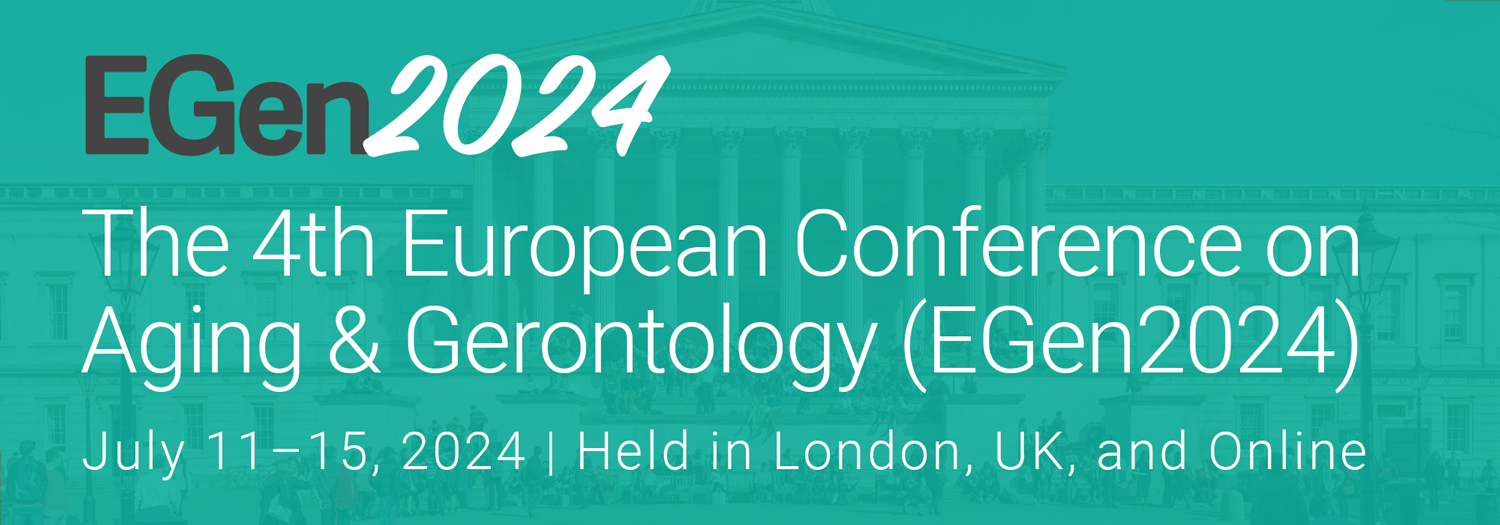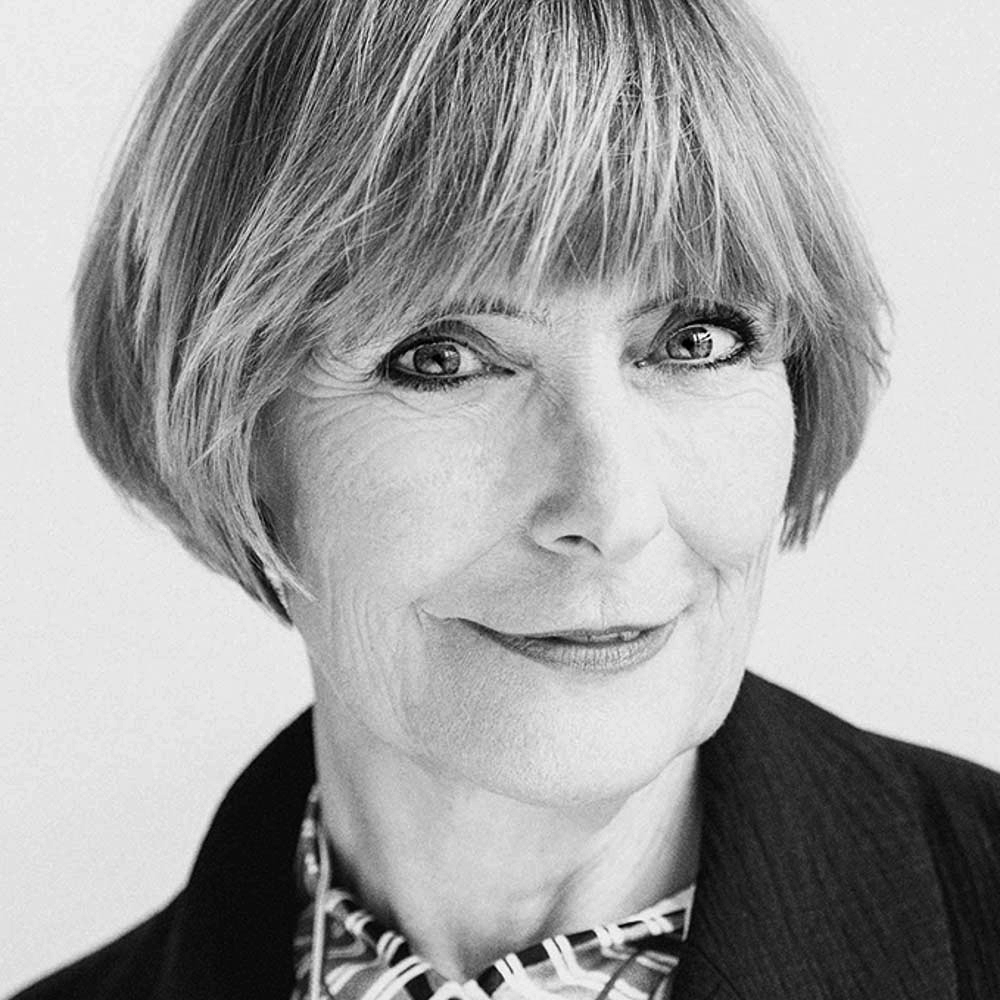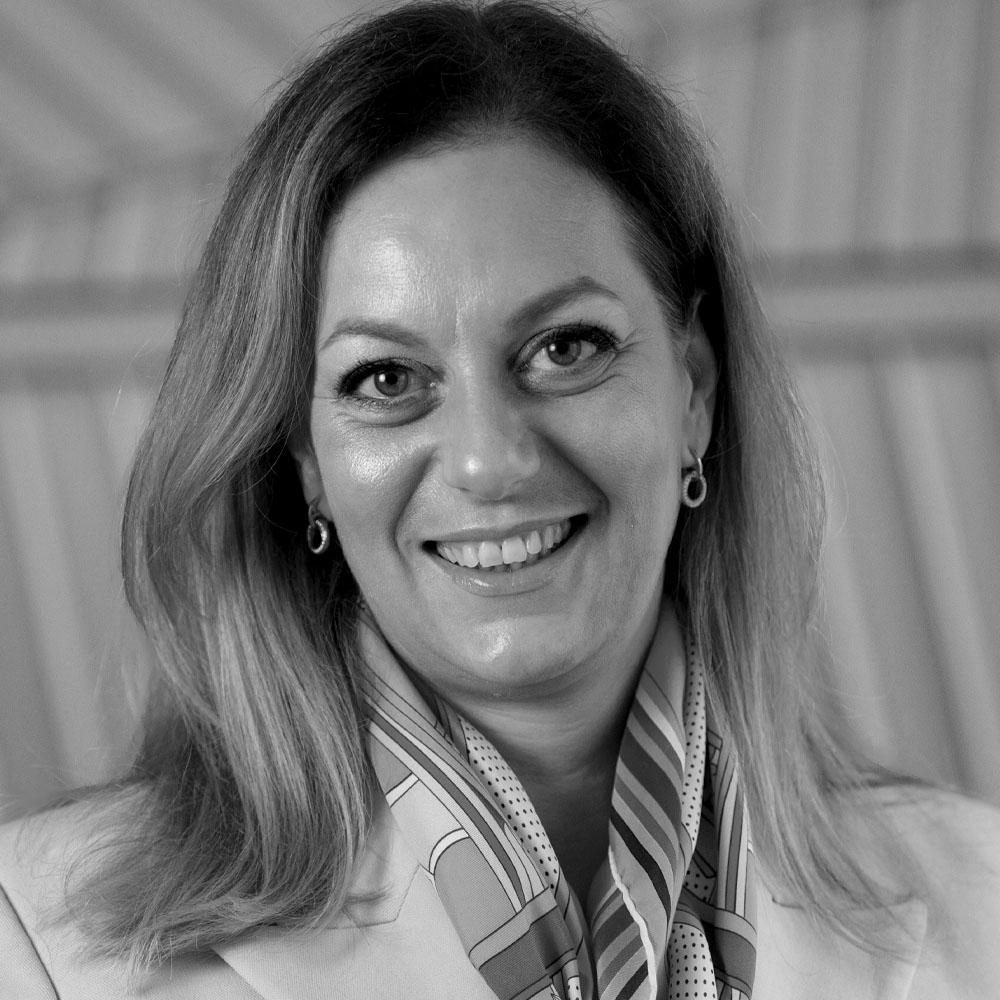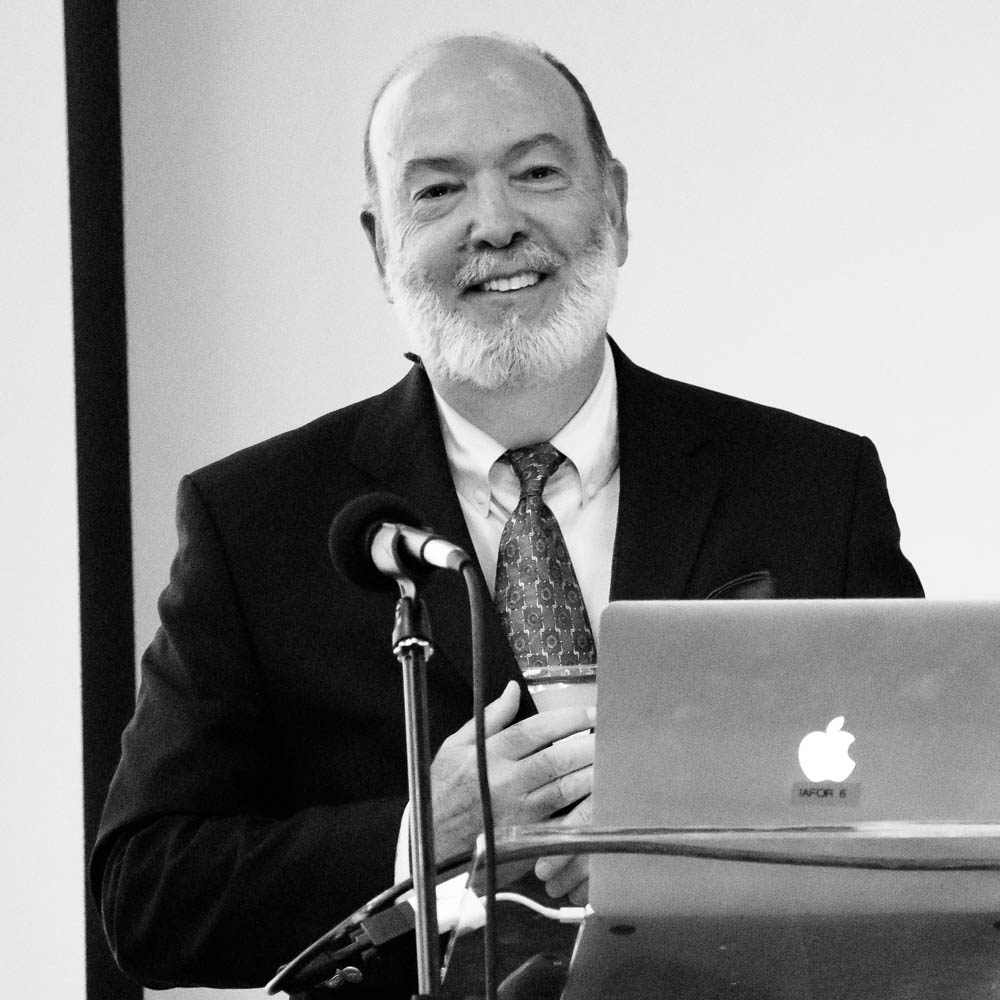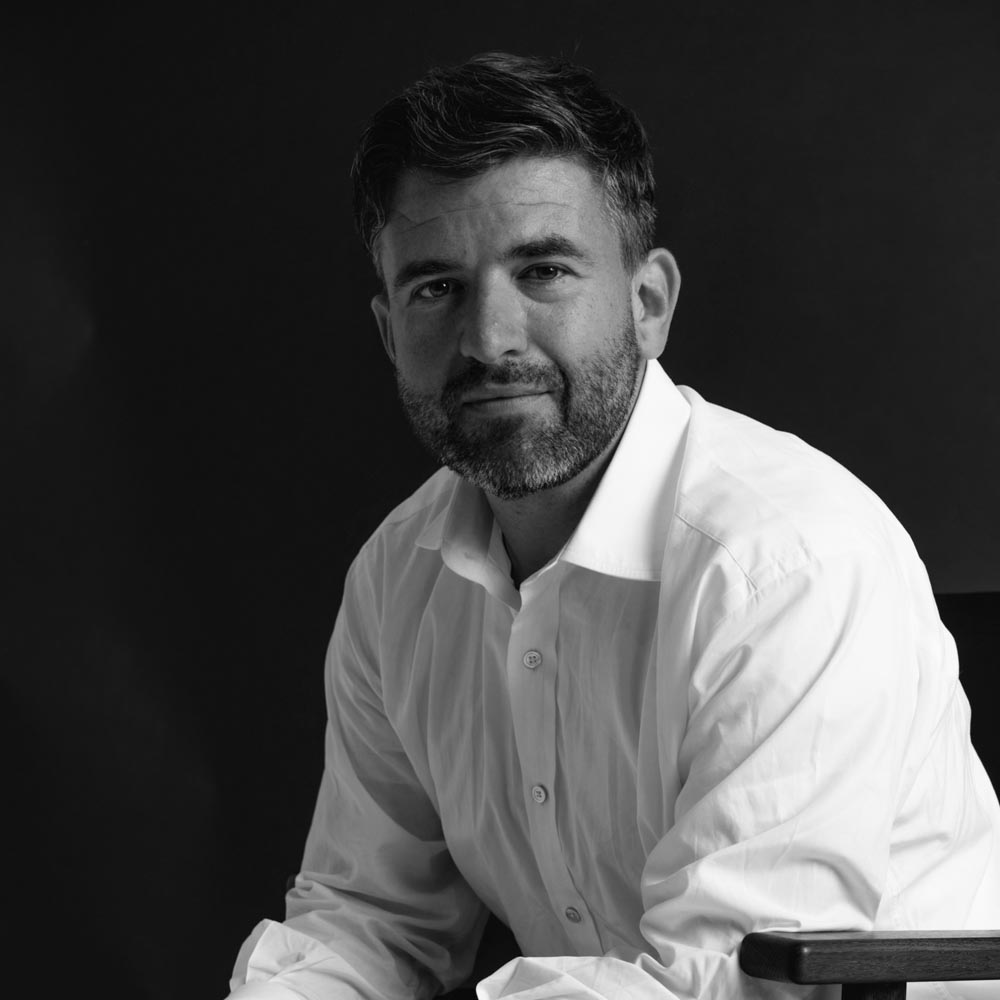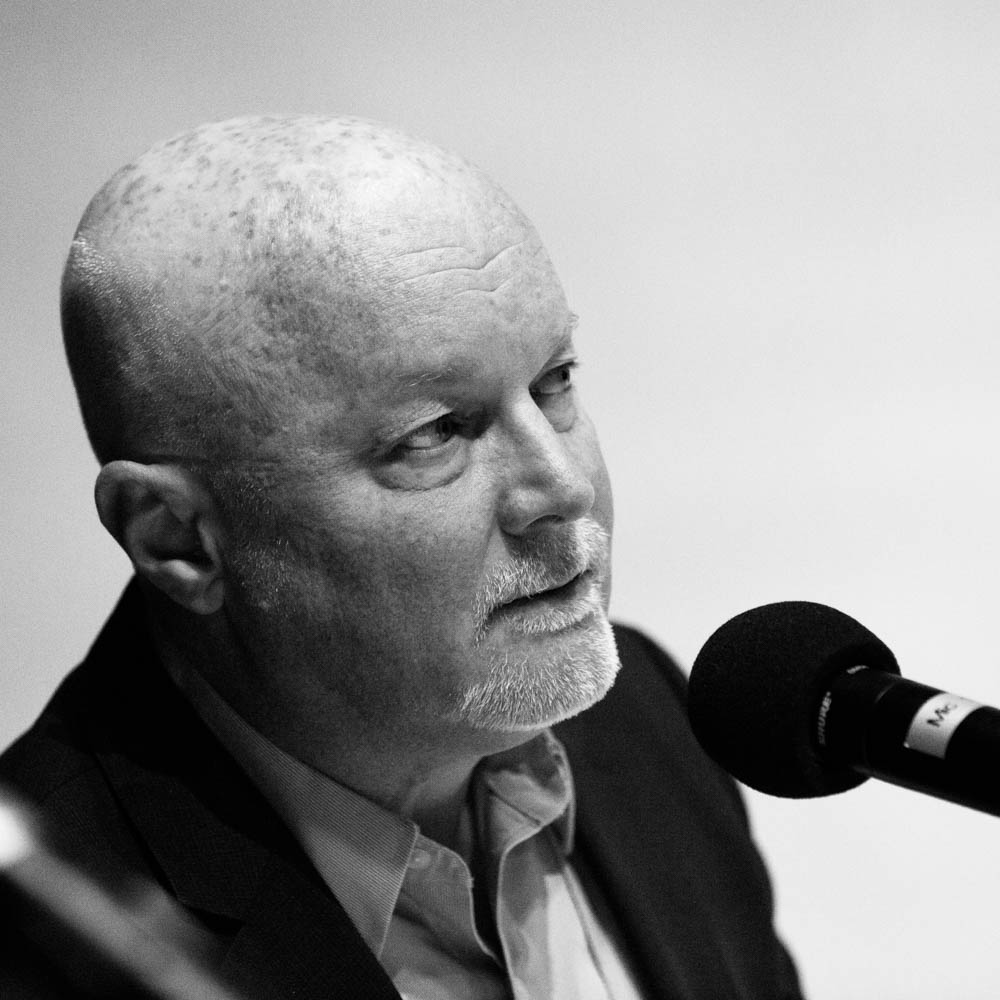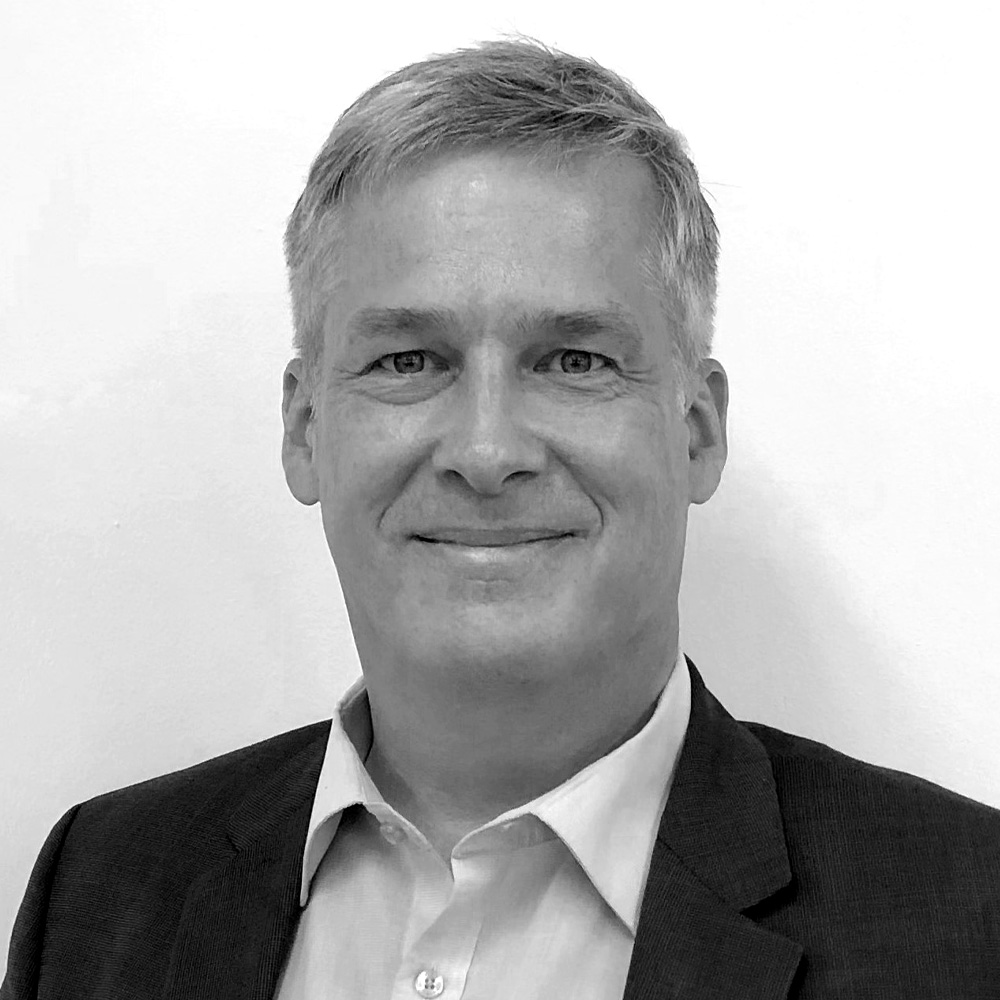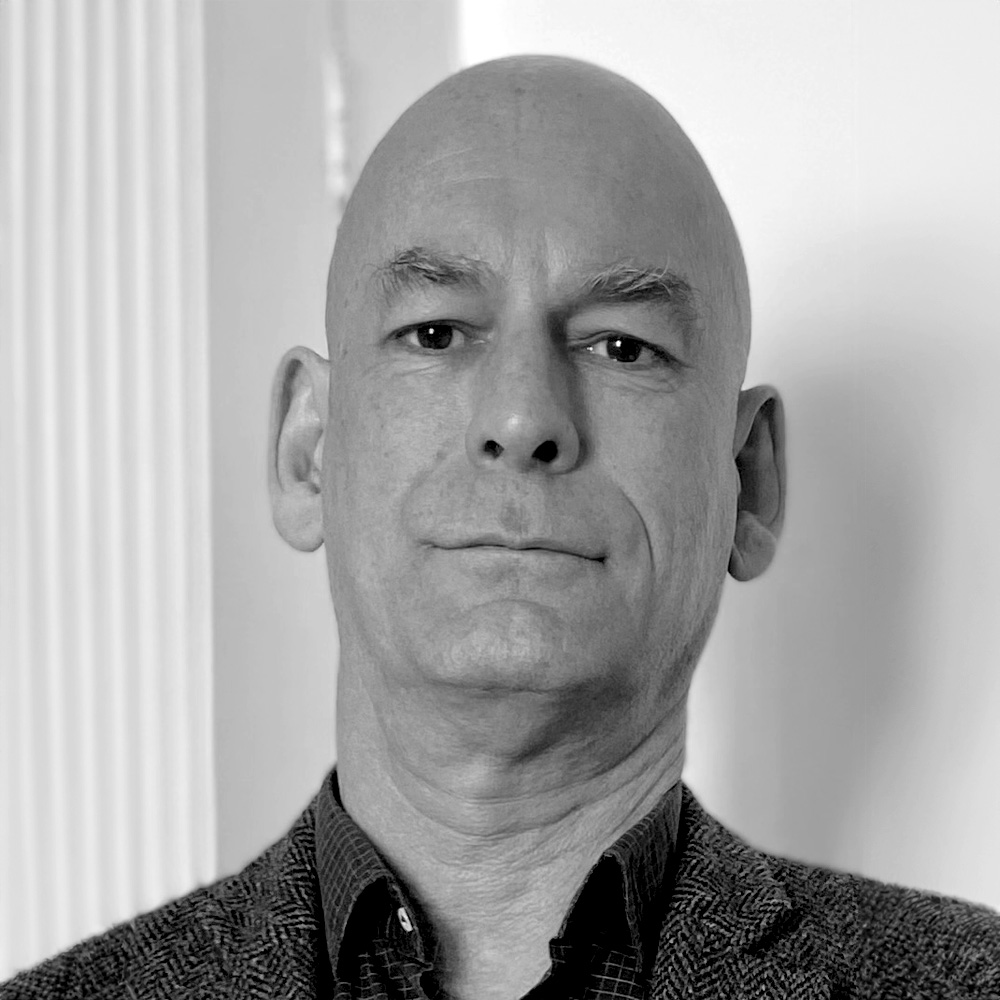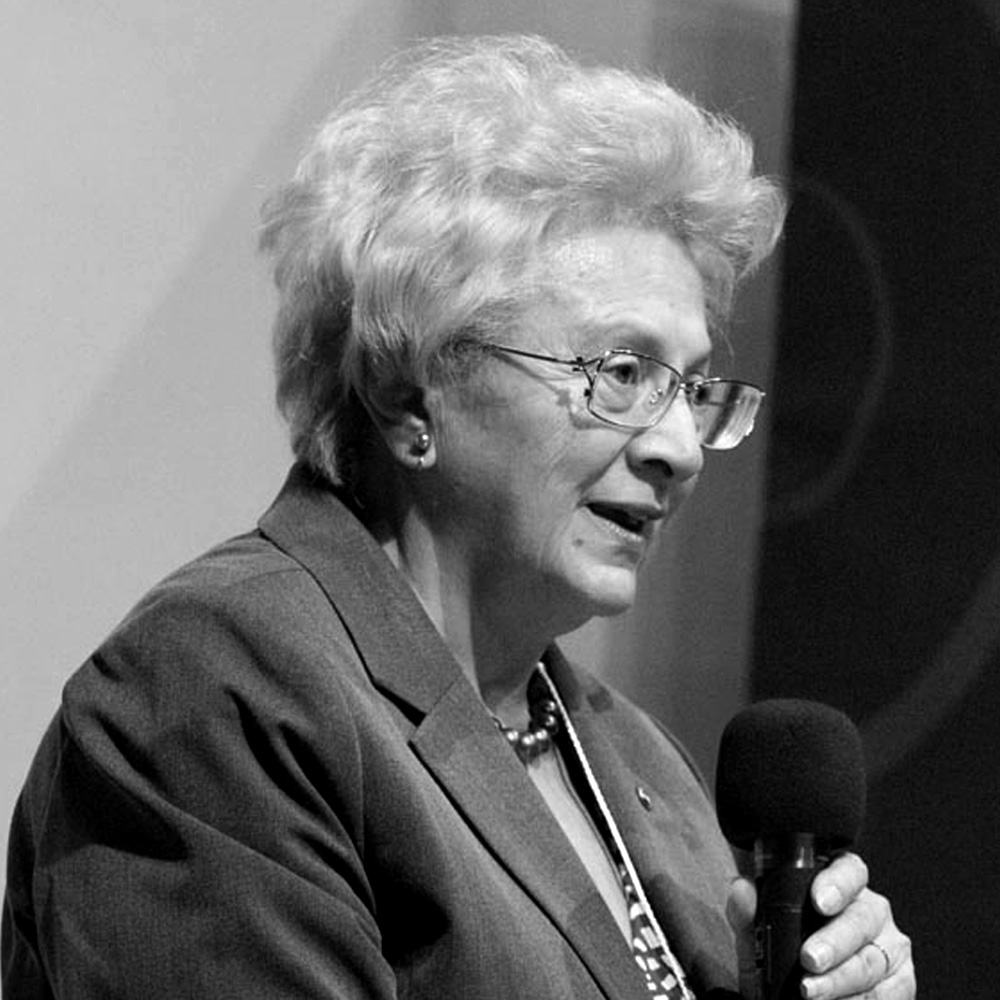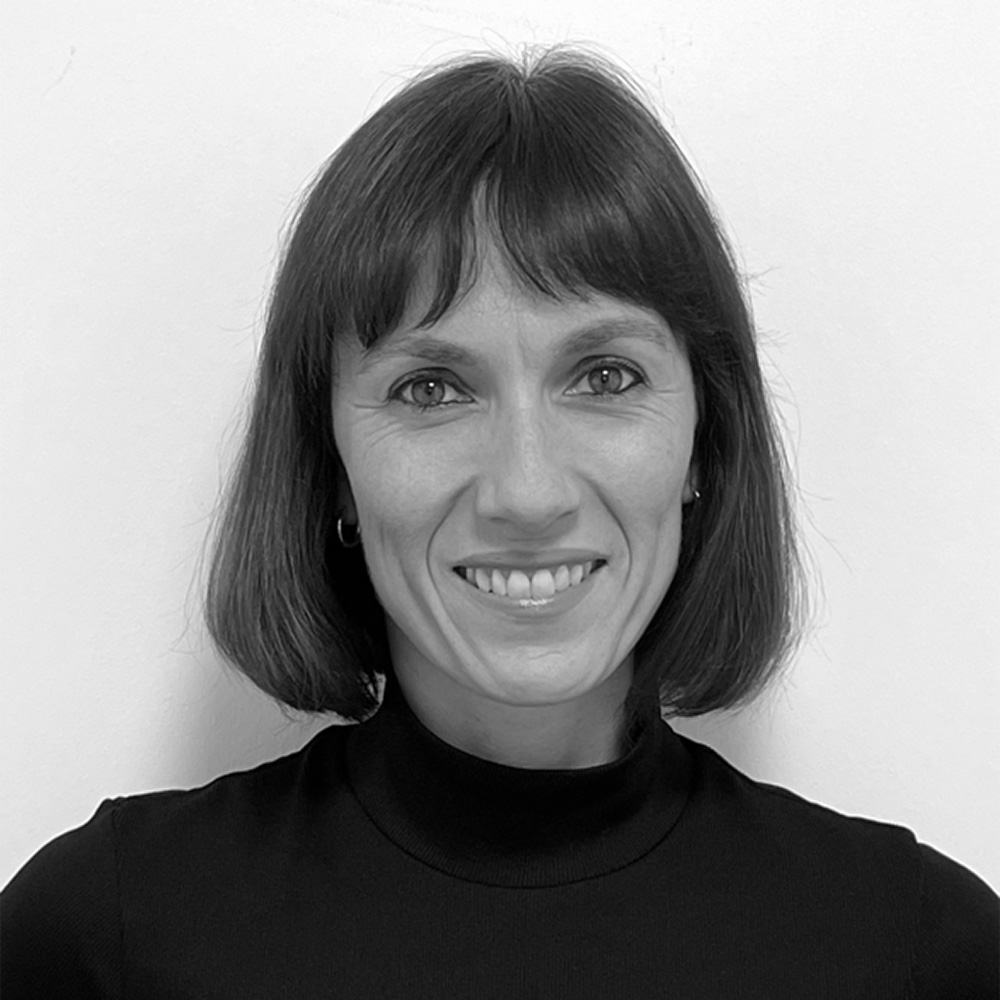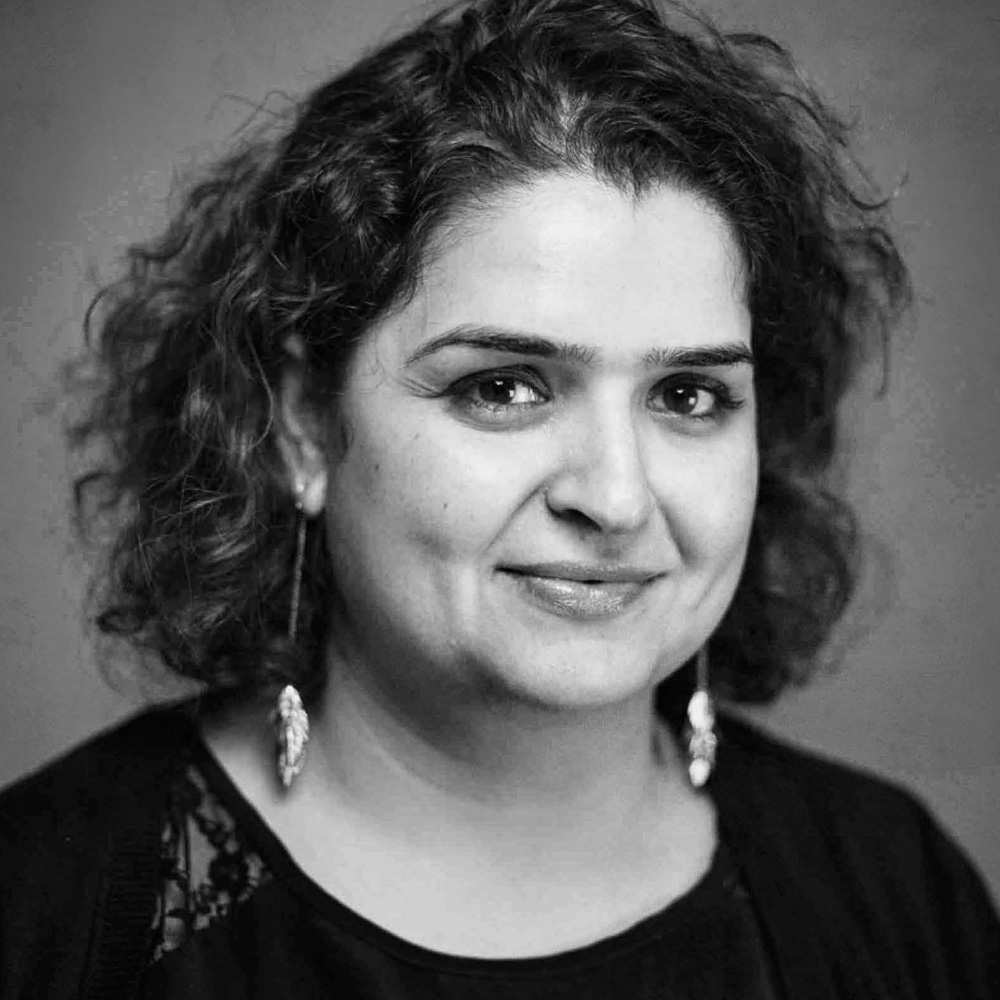Speakers at The European Conference on Aging & Gerontology (EGen) is an interdisciplinary conference held alongside The European Conference on Education (ECE), The European Conference on Language Learning (ECLL). Keynote, Featured and Spotlight Speakers will provide a variety of perspectives from different academic and professional backgrounds. Registration for either conference will allow participants to attend sessions in both.
This page provides details of presentations and other programming. For more information about presenters, please visit the Speakers page.
Thursday, July 11 and Friday, July 12 will be held at SOAS University of London.
Saturday, July 13 and Sunday, July 14 will be held at University College London Torrington Place Training Centre.
Monday, July 15 will be held online.
Conference Outline
13:30-16:30: Pre-Conference Cultural Event: British Museum Guided Walking Tour
Please join us in a group visit to the nearby British Museum. Its permanent collection of eight million works is among the largest and most comprehensive in existence. On. Please note that wheeled cases and large items of luggage are not allowed on British Museum premises for safety and security reasons.
This is a ticketed event
Further Information
Conference Venue: SOAS, Brunei Gallery Lecture Theatre & Suite
09:00-09:55: Conference Registration
09:55-10:00: Announcements
10:00-10:15: IAFOR Chairman’s Welcome Address & Recognition of IAFOR Scholarship Winners
Joseph Haldane, International Academic Forum, Japan
10:15-10:30: Special Address | SOAS, Brunei Gallery Lecture Theatre
10:30-10:45: IAFOR Provost and Executive Vice President's Address
Anne Boddington, Middlesex University, United Kingdom
10:45-11:30: Keynote Presentation | SOAS, Brunei Gallery Lecture Theatre
11:30-12:00: Coffee Break
12:00-13:00: Interactive Panel Presentation | SOAS, Brunei Gallery Lecture Theatre
13:00-13:10: Conference Photograph
13:10-14:30: Lunch Break
14:30-15:15: Keynote Presentation | SOAS, Brunei Gallery Lecture Theatre
15:15-16:15: Welcome Reception & Poster Session | SOAS, Brunei Suite
Conference Venue: SOAS, Brunei Gallery Lecture Theatre & Suite
09:00-10:00: Conference Registration
10:00-10:10: Welcome Address
10:10-10:30: Special Address | SOAS, Brunei Gallery Lecture Theatre
10:30-11:15: Keynote Presentation | SOAS, Brunei Gallery Lecture Theatre
11:15-11:45: Coffee Break
11:45-12:30: Keynote Presentation | SOAS, Brunei Gallery Lecture Theatre
12:30-14:00: Lunch Break
14:00-14:45: Keynote Presentation | SOAS, Brunei Gallery Lecture Theatre
14:45-14:50: Short Break
14:50-15:35: Keynote Presentation | SOAS, Brunei Gallery Lecture Theatre
15:35-16:35: Networking Coffee & Poster Session | SOAS, Brunei Suite
19:00-21:00: Conference Dinner at The Savile Club
This is a ticketed event
Conference Venue: UCL Torrington Place
08:45-09:30: Conference Registration
09:30-11:10: Onsite Parallel Session 1
11:10-11:25: Coffee Break
11:25-13:05: Onsite Parallel Session 2
13:05-13:50: Lunch Break
13:50-15:05: Onsite Parallel Session 3
15:05-15:20: Coffee Break
15:20-16:35: Onsite Parallel Session 4
16:35-16:50: Coffee Break
16:50-18:30: Onsite Parallel Session 5
Conference Venue: UCL Torrington Place
08:45-09:30: Conference Registration
09:30-11:10: Onsite Parallel Session 1
11:10-11:25: Coffee Break
11:25-12:40: Onsite Parallel Session 2
12:40-13:40: Lunch Break
13:40-15:20: Onsite Parallel Session 3
15:20-15:35: Coffee Break
15:35-17:15: Onsite Parallel Session 4
17:15-17:30: Conference Closing Address | UCL Torrington Place, Room G13
Conference Venue: Online
07:55-08:00: Message from IAFOR
08:00-09:40: Online Parallel Session 1
09:40-09:55: Break
09:55-11:10: Online Parallel Session 2
11:10-11:25: Break
11:25-12:15: Online Parallel Session 3
12:15-12:30: Break
12:30-13:45: Online Parallel Session 4
13:45-14:00: Break
14:00-15:15: Online Parallel Session 5
15:15-15:20: Message from IAFOR
Speakers
-
 Anne BoddingtonKingston University, UK
Anne BoddingtonKingston University, UK -
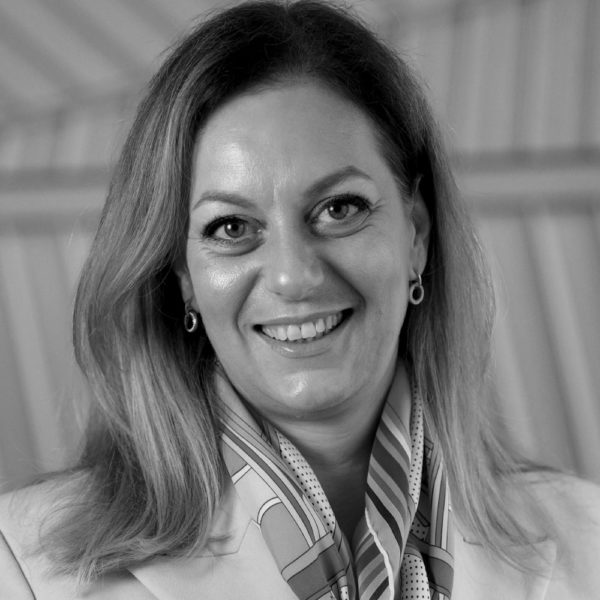 Evangelia ChrysikouUniversity College London, UK
Evangelia ChrysikouUniversity College London, UK -
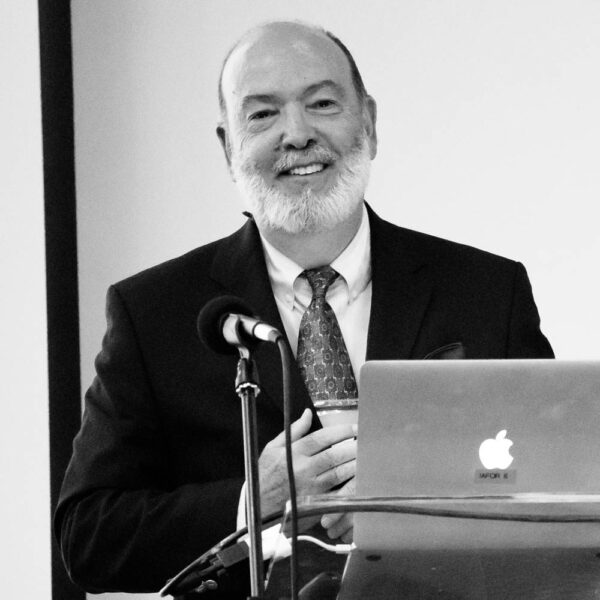 Alfonso J. García-OsunaHofstra University, United States
Alfonso J. García-OsunaHofstra University, United States -
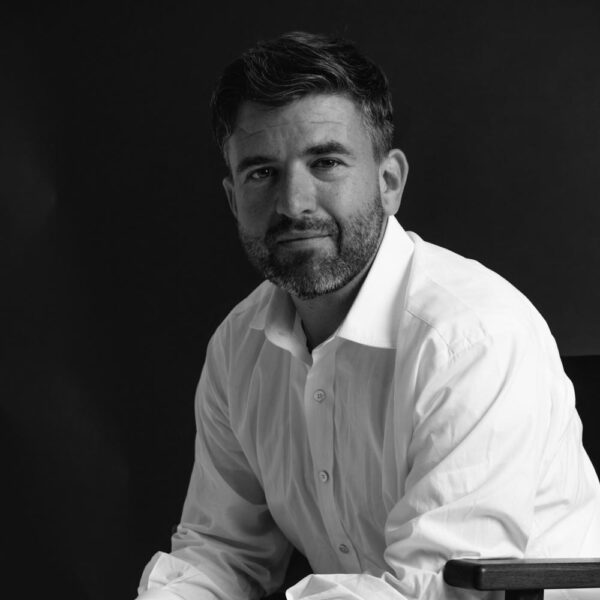 Joseph HaldaneThe International Academic Forum (IAFOR), Japan
Joseph HaldaneThe International Academic Forum (IAFOR), Japan -
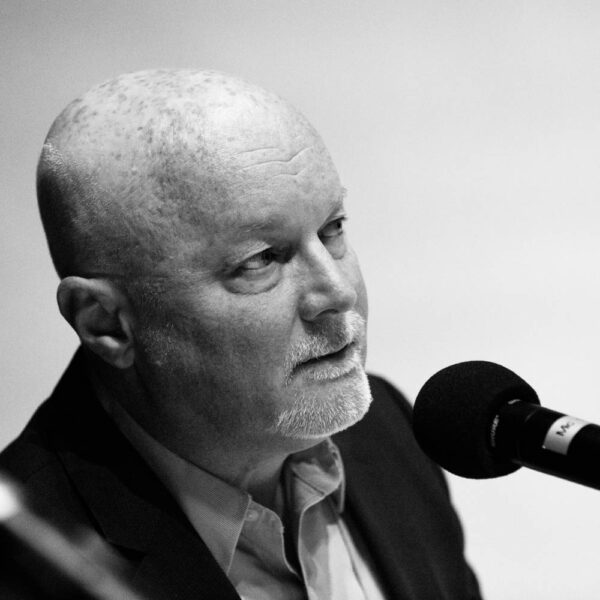 Donald E. HallBinghamton University, USA
Donald E. HallBinghamton University, USA -
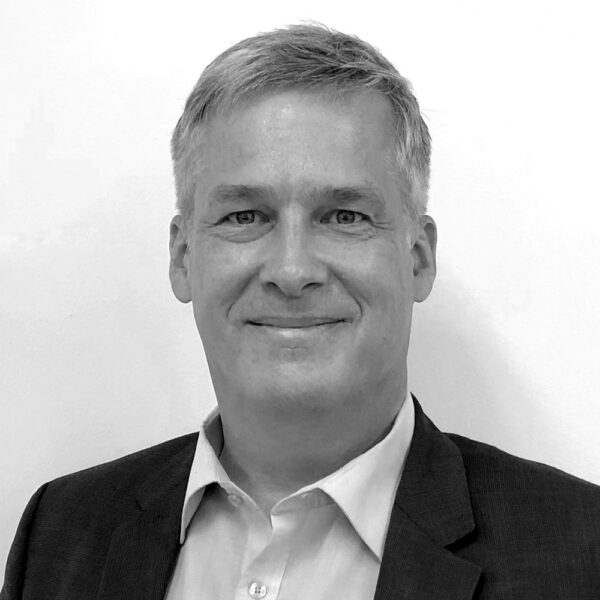 Brendan HoweEwha Womans University, South Korea
Brendan HoweEwha Womans University, South Korea -
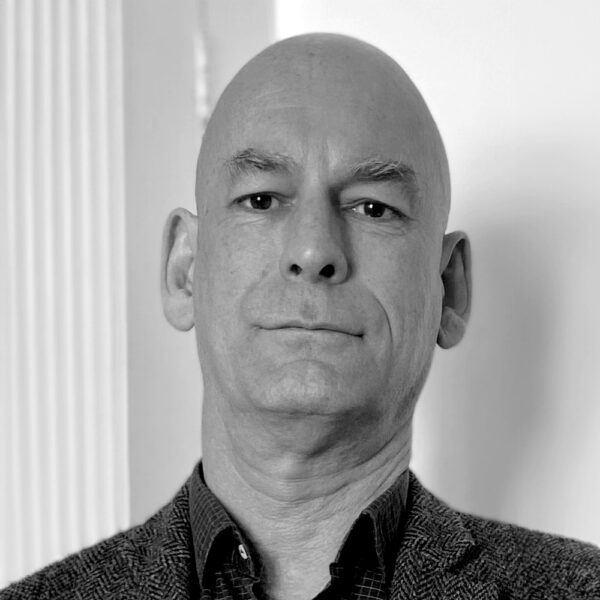 David MallowsUCL Institute of Education, United Kingdom
David MallowsUCL Institute of Education, United Kingdom -
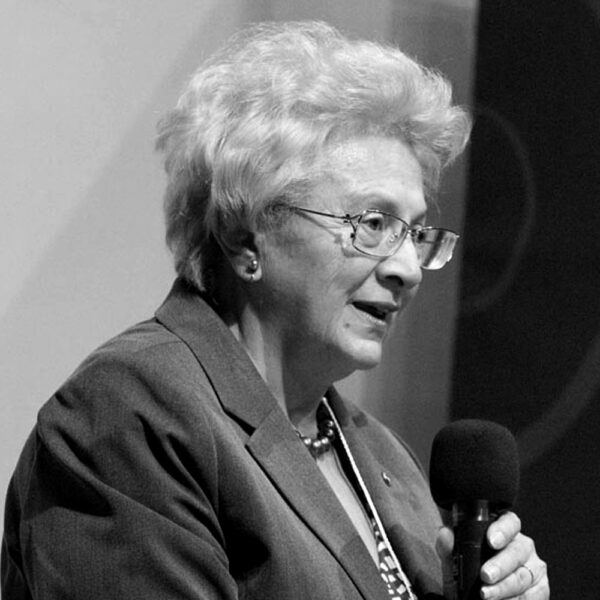 Ljiljana MarkovicEuropean Centre for Peace and Development (ECPD), United Nations’ University for Peace
Ljiljana MarkovicEuropean Centre for Peace and Development (ECPD), United Nations’ University for Peace -
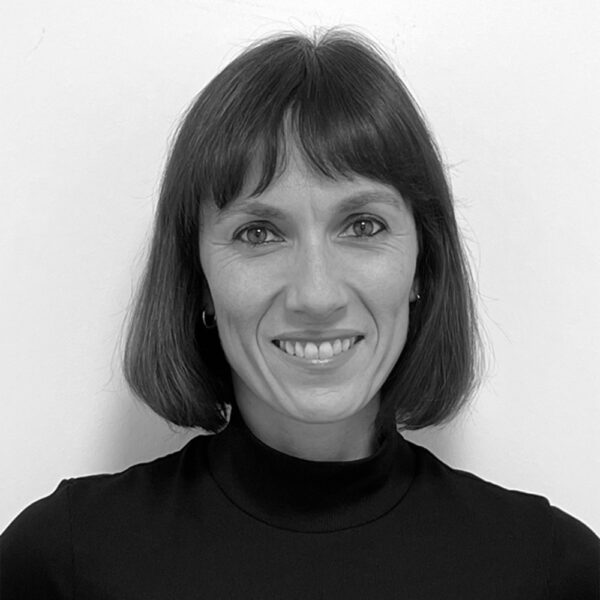 Ana Pellicer-SánchezUCL Institute of Education, United Kingdom
Ana Pellicer-SánchezUCL Institute of Education, United Kingdom -
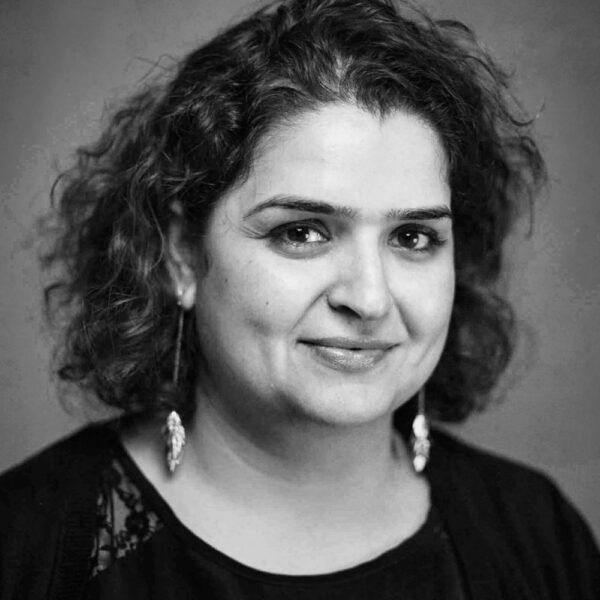 Neelam RainaMiddlesex University, United Kingdom
Neelam RainaMiddlesex University, United Kingdom
Conference Programme & Abstract Book
The draft version of the Conference Programme will be available online on June 03, 2024. All registered delegates will be notified of this publication by email.
*Please be aware that the above schedule may be subject to change.
Important Information Emails
All registered attendees will receive an Important Information email and updates in the run-up to the conference. Please check your email inbox for something from "iafor.org". If you can not find these emails in your normal inbox, it is worth checking in your spam or junk mail folders as many programs filter out emails this way. If these did end up in one of these folders, please add the address to your acceptable senders' folder by whatever method your email program can do this.
Previous Programming
View details of programming for past EGen conferences via the links below.
